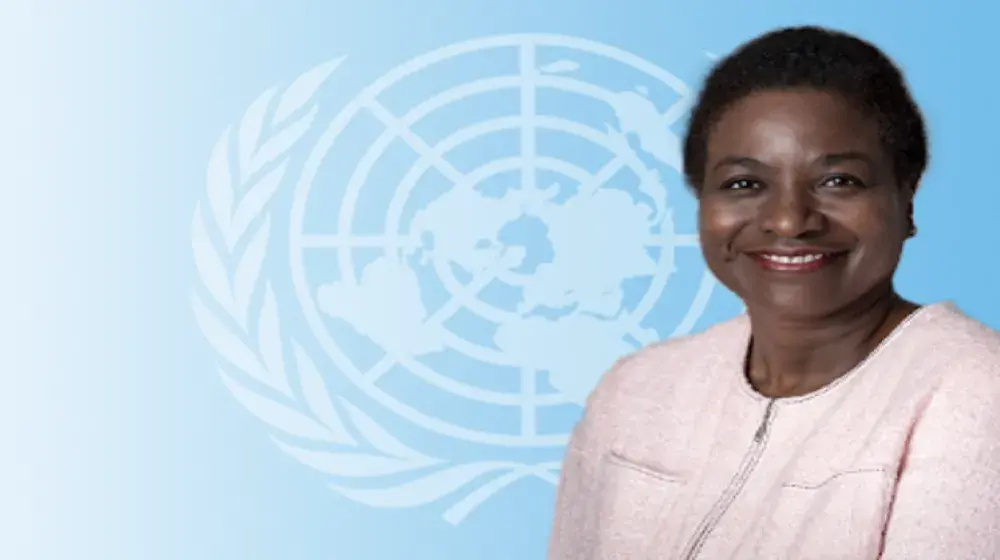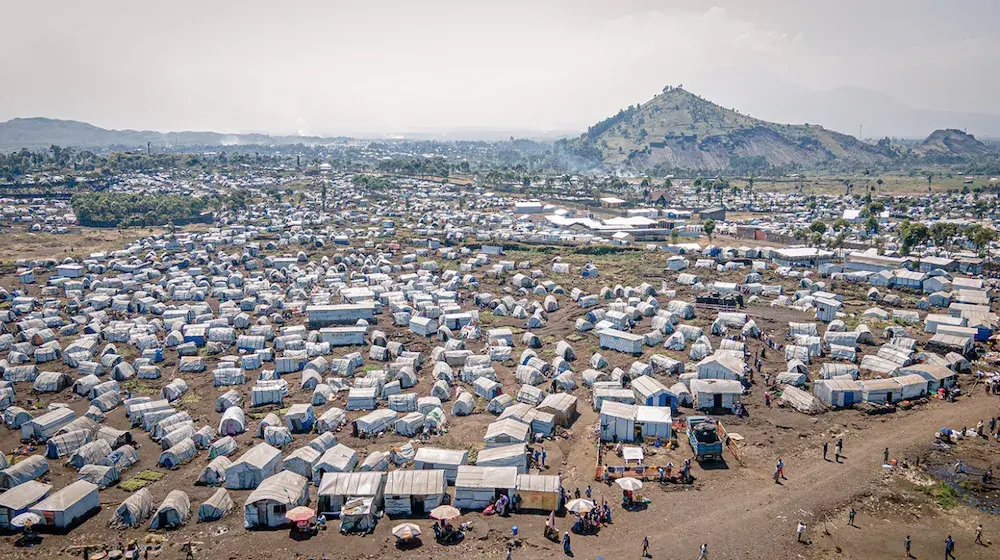The Special Representative of the Secretary General on Sexual Violence in Conflict, Zainab Hawa Bangura, together with the Executive Director of the United Nations Population Fund are undertaking a joint visit to the Democratic Republic of Congo from 6 to 11 October to assess the progress made on the implementation of the National Strategy on Gender-Based Violence, especially focusing on efforts to restructure programs to address sexual violence and deepen political commitment in the fight against sexual violence in DRC. Specifically, the visit aims at following up on the implementation of the Joint Communiqué signed on 30 March by the Government and the United Nations to address conflict-related sexual violence in the DRC.
The Joint Communiqué of 30 March outlines concrete steps the Government will take to combat sexual violence in conflict, including stronger measures against impunity and increased human rights vetting and screening of prospective security personnel. The United Nations Country Team has been supporting the efforts of the Government to implement the Joint Communiqué and National Strategy on Combating Gender Based Violence. Recently, the Government with the support of the Team of Experts on Rule of Law and Sexual Violence in Conflict elaborated a work plan for the implementation of the Joint Communiqué. In this regard, SRSG Bangura and UNFPA Executive Director Dr. Babatunde Osotimehin will hold meetings with Government officials, UN entities and local partners and explore with Congolese authorities specific measures that national security entities could adopt to prevent sexual violence. In addition to meeting various stakeholders, SRSG Bangura will address a session of the DRC Senate and hold discussions with Senators from eastern DRC.
“The Democratic Republic of Congo has made great strides in developing the framework necessary to combat sexual violence in conflict, and we are here to deepen our engagement and ensure that the UN is providing coordinated, targeted and survivor-centered support to best meet the challenges on the ground,” said SRSG Bangura.
There has been widespread use of sexual violence against civilians since war broke out in Eastern Congo in the mid-1990s. It is estimated that nearly 40 percent of women and more than 23 percent of men have suffered sexual assault, mostly rape.
“Sexual Violence is not inevitable. The economic and human costs of sexual violence on communities and the country are tremendous. We must work together and commit to assisting DRC,” says Dr. Osotimehin In 2008, UN Action Against Sexual Violence in Conflict (UN Action), which is chaired by SRSG Bangura, funded the elaboration of a Comprehensive Strategy on Combating Sexual Violence in DRC that was subsequently incorporated into the broader National Strategy to Combat Gender-Based Violence (“the National Strategy”) in November 2009. This strategic document is built around five components: combating impunity, protection and prevention, security sector reform, multi-sectoral assistance for survivors, and data and mapping. Each area is led by a Government Ministry and supported by a UN system entity. UNFPA is a founding member of UN Action Against Sexual Violence in conflict. UNFPA is active in addressing GBV in both humanitarian and development settings across DRC through three decentralized offices in Kinshasa, Goma and Lubumbashi and through international and national partners in 8 of the 11 DRC provinces.
Intense fighting over the past year in the province of North Kivu has uprooted more civilians and exposed an increasing number of women, girls and men to rape.



